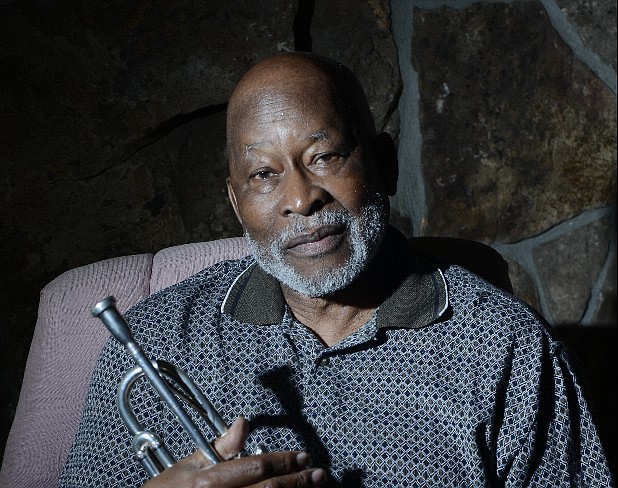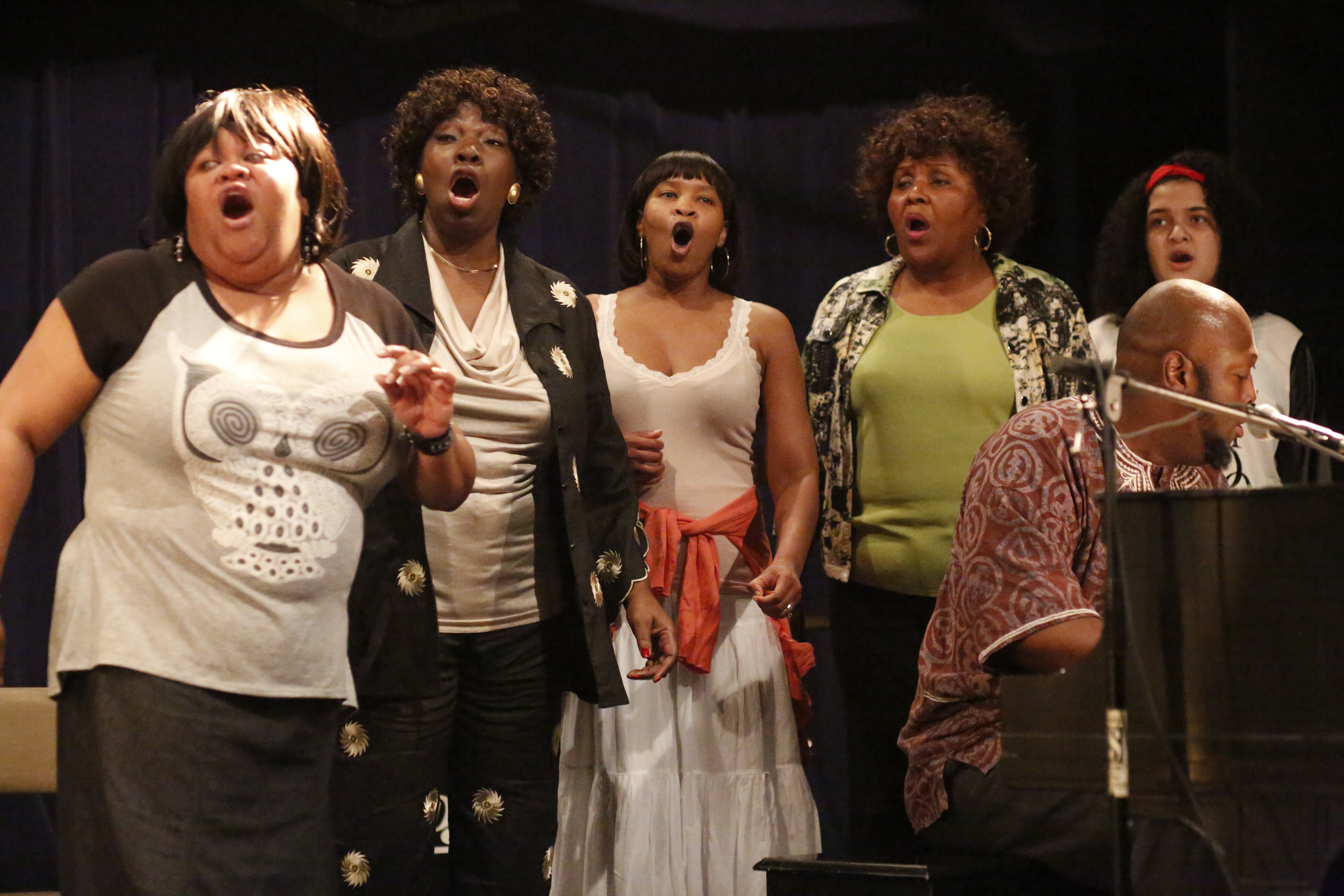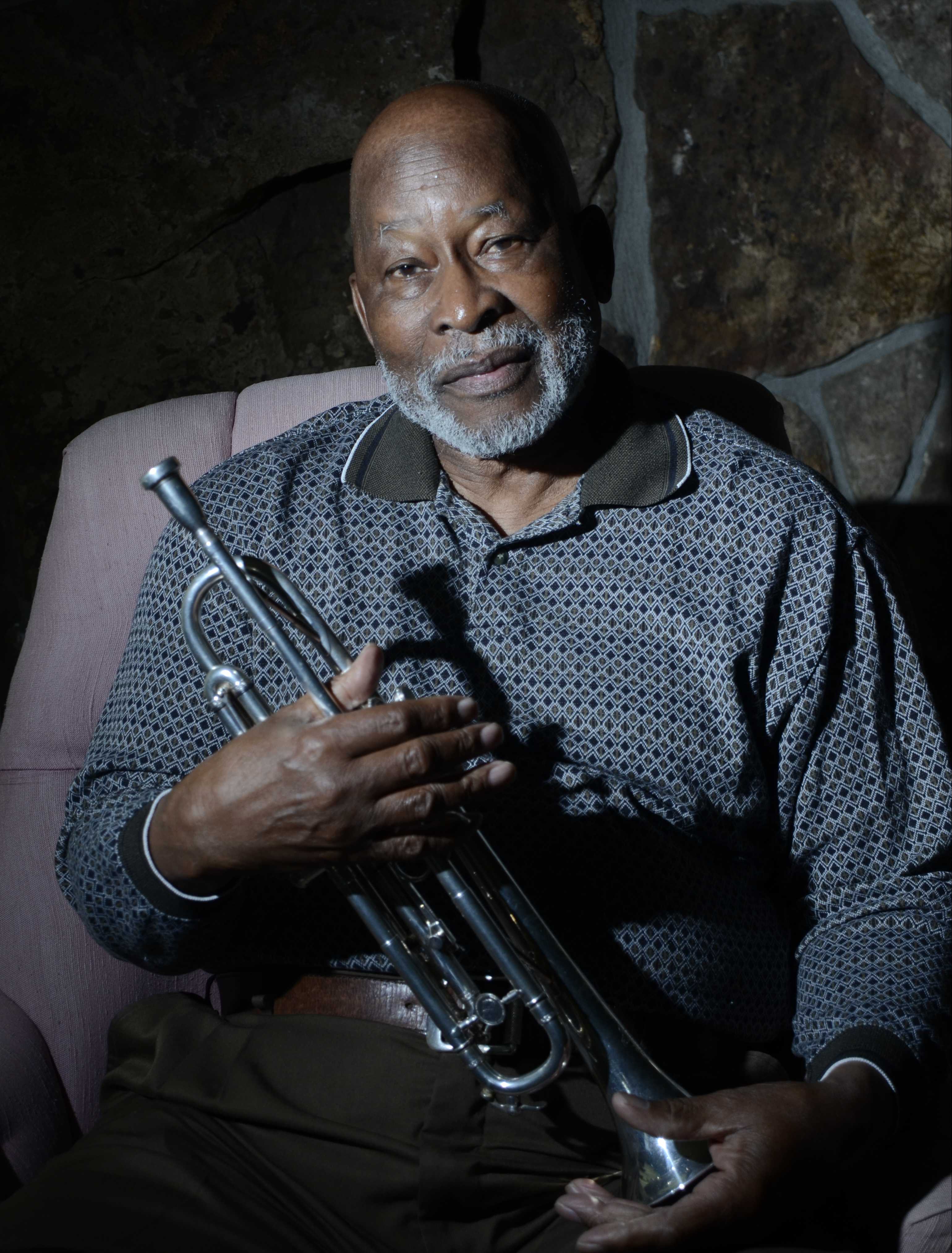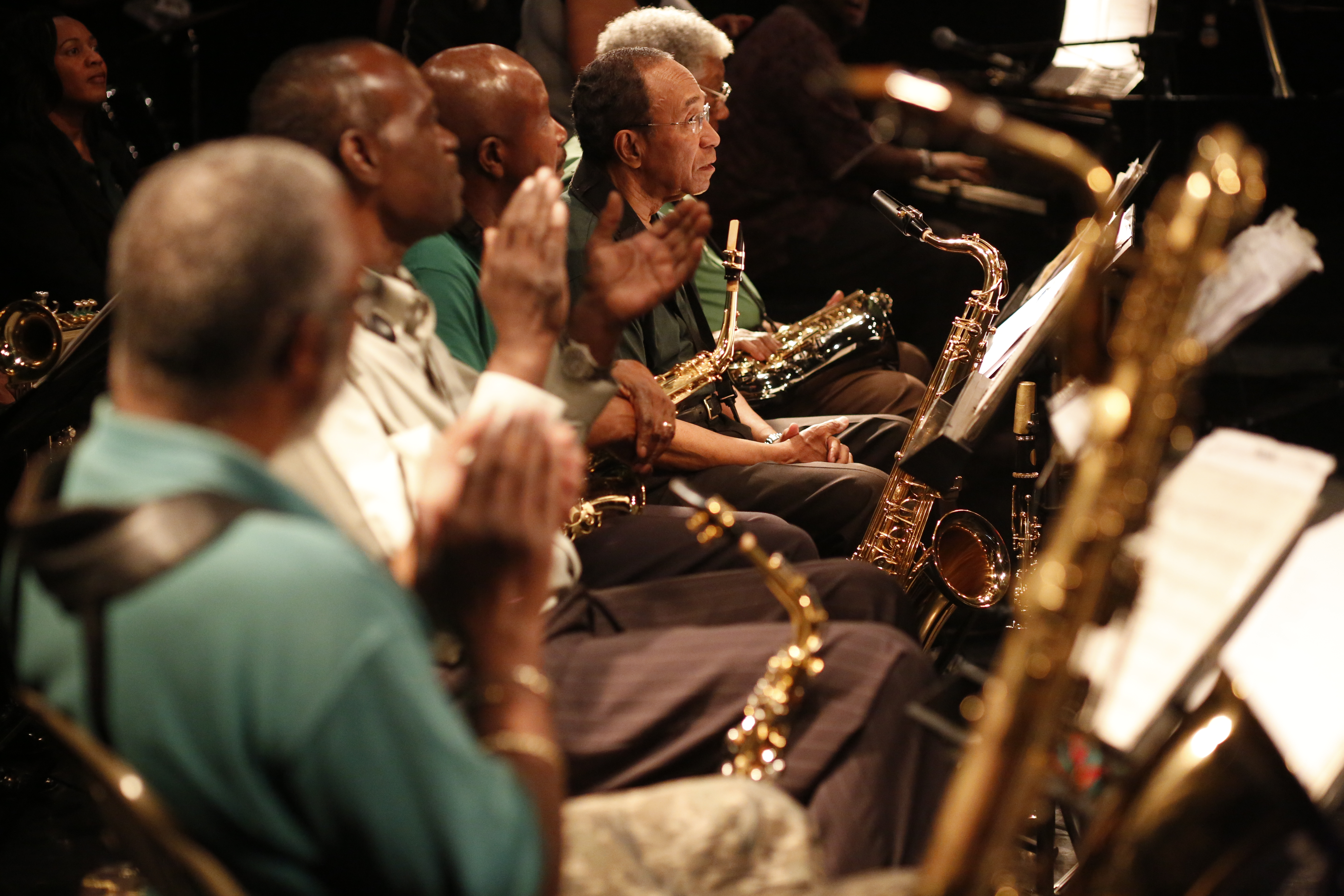BIG NINE JAZZ SERIES EVENTSSee a complete schedule at www.jazzanooga.org.• Today: Jazz on the Grass, featuring local musicians, 6 p.m. at Whiteside Park in front of Whiteside Manor on M.L. King Boulevard. People are encouraged to bring a blanket for seating while they take in the free concert.• Thursday: Jazz at Memo's, featuring local musicians, 6 p.m. Music served up with a side of barbecue and chopped wieners at one of the city's iconic eateries.• Friday: Downtown Jazz at Waterhouse Pavilion, 12:30-2 p.m., conclusion of weekly concert series featuring Chattanooga State Community College Jazz Ensemble, Jazzanooga Youth Academy and Chattanooga's Jazz Divas.• Saturday: Series concludes with JazzWalk, a traditional New Orleans second-line parade, beginning at 11 a.m. at Whiteside Park and concluding at the Bessie Smith Cultural Center, where activities continue until 4 p.m. Set to perform are Tennessee State University Jazz Collegians, University of Tennessee Knoxville Trombone Ensemble, Sweet Georgia Sound, 9th Street Stompers and the Jazzanooga Youth Music Academy.
When Erskine Peoples, 82, first arrived in Chattanooga as a 22-year-old high school music teacher, Ninth Street, or the Big 9, as it was fondly called, was in full swing. A half-dozen clubs thrived in the five-block area between Foster Street, near where Memo's Grill still sits today, and the railroad overpass near Peeples Street.
It was a concentrated area of dance halls, nightclubs and eateries. On the weekends, it was where black people gathered to see friends, dance, eat and hang out.
This month, as part of Jazzanooga, the multiday, multi-event celebration of jazz in general and the history of jazz in Chattanooga, presenter Shane Morrow has created the Big Nine Jazz Series to "animate the corridor." Part of the overall festival, it features concerts, educational programs and a parade, all designed to get people back to Ninth Street, now known as Martin Luther King Boulevard.
"In having conversations with (local musicians) Booker T. Scruggs and William Price about what the Big 9 was like, I learned it was the Mecca of music in Chattanooga," Morrow says. "It sparked my interest, so I started to research.
"In the '20s, '30s, '40s and '50s, it was the Bourbon Street of Chattanooga. I could only imagine what it was like at night back in the day. People like Duke Ellington, Aretha Franklin, Count Basie and James Brown came to town and stayed at the Martin Hotel where the Bessie [Bessie Smith Cultural Center] now stands."
Peoples remembers the flourishing scene, especially on Friday and Saturday nights, when patrons could choose a destination simply by walking down the street.
"We didn't have air-conditioning back then, so the windows were open and these big fans were going, and you could stand in the street and listen to the music each band was playing and pick whichever one you wanted to go into," he says.
Peoples soon found himself playing his horn with many of the bands inside those clubs, performing hits by artists such as Elmore James, Erskine Hawkins, Louis Jordan and Dinah Washington. Price, a bass player, joined Peoples in several of the bands. Though six years younger, Price was already a veteran, paid player when he met Peoples.
"I was still in high school when I joined my first professional band with Poppa Stubbs," Price says. "Willie (Poppa) Stubbs played the trombone. George Pringle also was in the band, and we had a guy named Box Head on drums. George Carter ... was on piano, and we had Charles "Baby" Elder. We played the Marine Room on West Ninth Street."
The bands played clubs all around town, white and black, and "we even played in homes on Lookout and Signal Mountain," Peoples says.
"Things were segregated back then," Peoples says. "I don't say that as a negative or a positive. It's just how it was."
As it does today, music opened doors, Price says. "Although it was segregated, it didn't affect where you could play. We were like a butler or a maid. We played all over town."
Memo's was just one of the happening places in the '50s, Price says. He and Peoples also recall the VFW and American Legion club, the Venetian and Kelley's Place.
They agree that the best food might have been at Pete's Casa Lomo at 508 E. Ninth. The chef was an immigrant from Haiti, and Price says he was the first to offer chopped wieners. Now a Memo's staple, the dish is a mix of cut-up hot dog wieners in a special chili sauce.
"His barbecue was so good you thought you could chew through the bone," Price adds.
Peoples remembers he also served "weird stuff like tripe [cow or ox stomach], but it was good. At 11 at night, you couldn't get into his place."
Bands were playing popular hits of the day and blues numbers. The Marine Room was an upscale dinner club, Price says, and the band played mostly dinner music with the occasional dance number.
"It was a very sophisticated club that had just opened. It was set up," he says. "It had chandeliers and Persian rugs everywhere."
If you visit the Jack's Alley area of Market Street on a Friday or Saturday night today, you can get an idea of what The Big 9 was like in the '50s but on a smaller scale.
"It was like Riverbend every night," People says.
Price says being on the Big 9 on a weekend night was a fun, safe place, even for teenagers.
"It would be a joyful thing. The streets would be full of people talking and walking around. Everybody knew each other. It was very safe to walk around, even by yourself. Nobody bothered you. I enjoyed the club life and life itself back then."
Contact Barry Courter at bcourter@timesfreepress.com or 423-757-6354.



